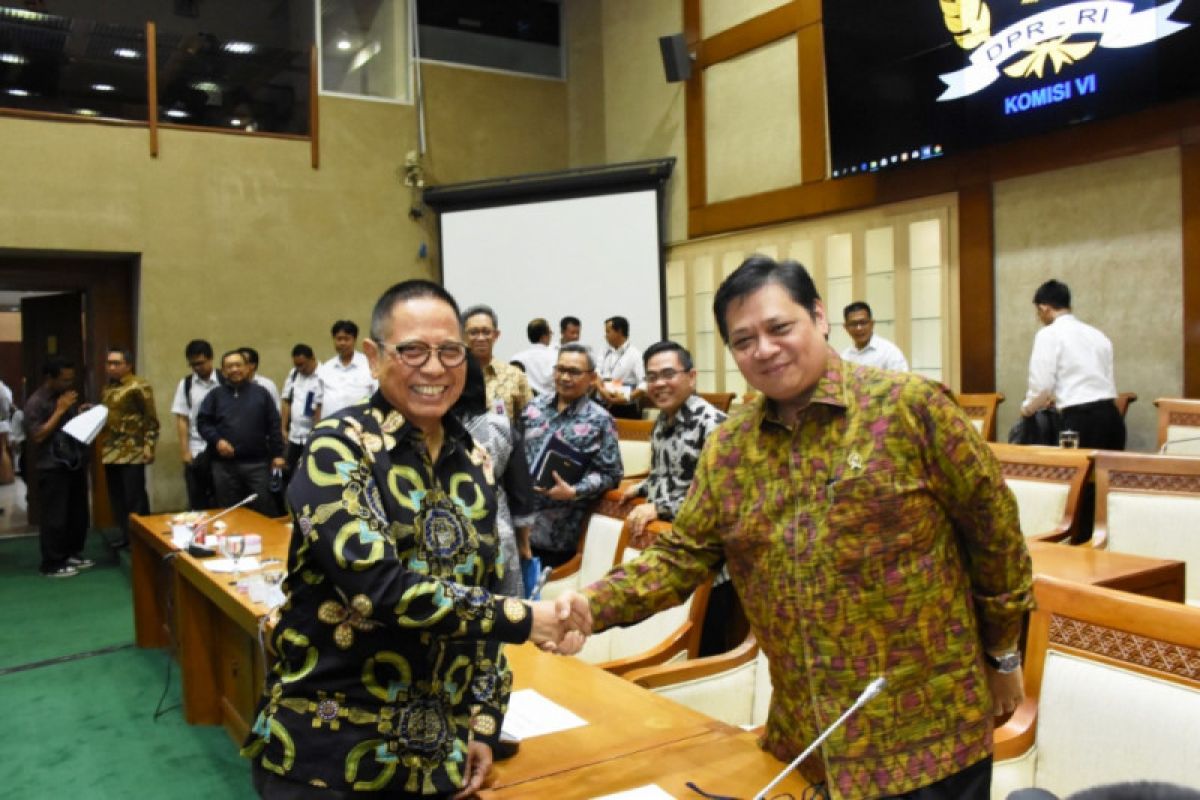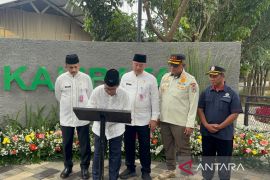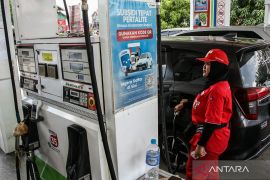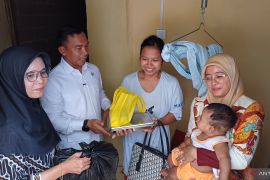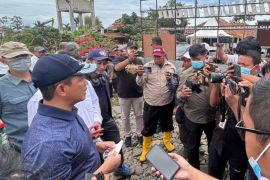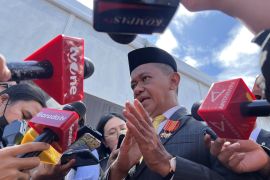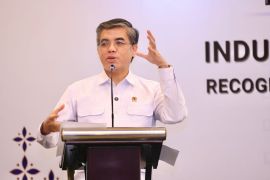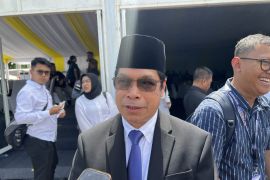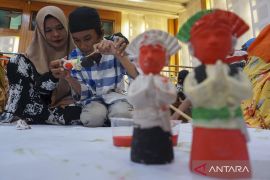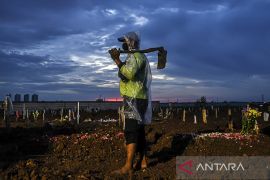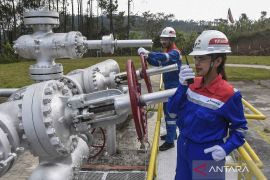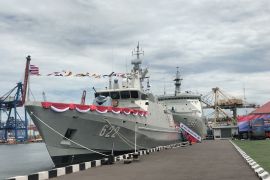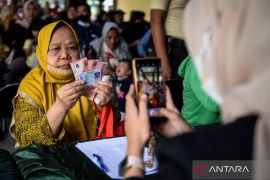"We ask the Ministry of Industry (Kemenperin) to improve performance in the absorption of the 2018 budget so that the program targets in each activity mandated by the law can be achieved, Deputy Chairman of the House of Representatives Commission VI Dito Ganinduto said in Jakarta on Tuesday.
Reallocation is also intended for the development of industrial zones in Bintuni Bay through a scheme of government cooperation and busine entities (PPP).
On the same occasion, the Minister of Industry Airlangga Hartarto said that several priority activities would be carried out to support the implementation of Making Indonesia 4.0, including the management of the National Industal Committee (Kinas).
This committee is needed to strengthen cooperation between ministries and institutions related to domestic industry players so that Indonesia can compete in entering the industrial revolution era 4.0.
"Furthermowill carry out the procurement of industry-based functional textile equipment 4.0 at the STTT Bandung Polytechnic, then build an industry 4.0-based show case food and beverage plant, compile the final business case (FBC) industrial area in Bintuni Bay, and industry 4.0 scoping study," he explained.
Airlangga asserted, these activities are believed to be able to boost the productivity and competitiveness of the industrial sector as set out in Making Indonesia 4.0 to become a pioneer in enteri the digital era.
For example, the textile and textile products industry (TPT) and the food and beverage industry.
"The manufacturing sector is able to contribute significantly to the national economy," he said.
This is evidenced by the export value of the national textile industry which reached US$12.58 billion in 2017, up 6 percent over the previous year. In addition, this sector contributes to GDP Rp153 trillion in 2017.
In 2018, the Ministry of Industry pegged the export of the TPT industry to US$ 13.5 billion and absorbed a workforce of 2.95 million people.
Meanwhile, in 2019, exports are expected to penetrate US$15 band absorb ent to 3.11 million people.
Meanwhile, in the food and beverage industry, its growth in the second quarter of 2018 reached 8.67 percent or exceeded the national economic growth of 5.27 percent.
In fact, the food and beverage industry is able to provide the highest contribution to the GDP of the non-oil and gas processing industry to 35.87 percent.
The Minister of Industry added, in budget optimization, it would also focus more on industrial human resource development programs.
"Because, the government is currently focusing on improving the quality of human resources to be able to face the development of the fourth industrial revolution," he added.
From the conclusion of the meeting, the House of Representaves Commission VI also received the Ministry of Industry`s budget ceiling in 2019 amounting to Rp3.59 trillion.
The ceiling will be synchronized at the DPR Budget Body. In addition, the House of Representatives Commission VI received proposal tincrease the Ministry of Industry`s budget in 2019 amounting to Rp434.5 billion.
"Additional budget next year will be used to manage the Making Indonesia 4.0 initiative work program, the national campaign of Making Indonesia 4.0 intiative, the gital IKM e-Commerce platform, the new 4.0-based innovation center, and 4.0 industry investment promotion," said Minister of Industry.
Reporting by Sella Panduarsa Gareta
Editing by Andi Abdussalam
Reporter: antara
Editor: Heru Purwanto
Copyright © ANTARA 2018
